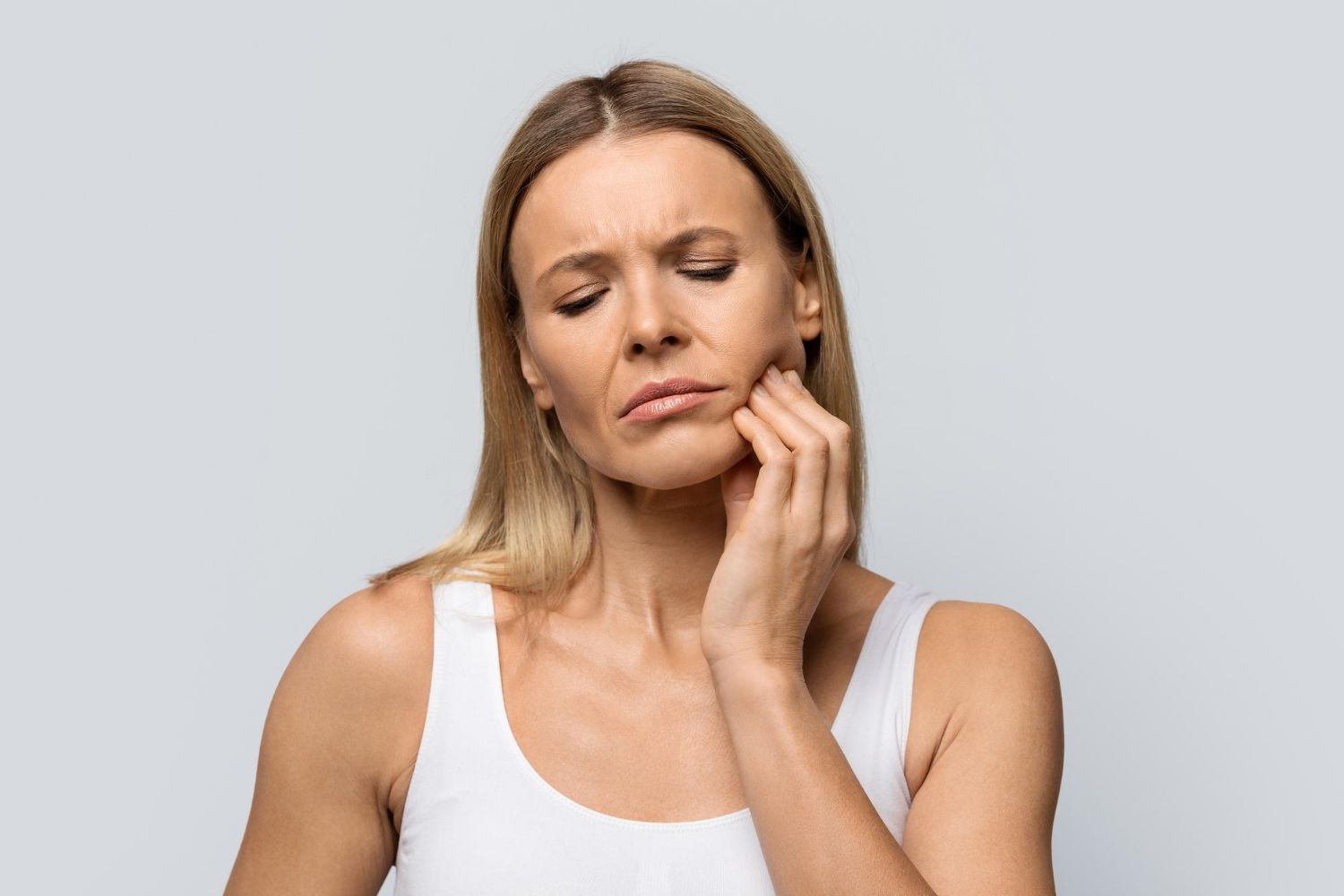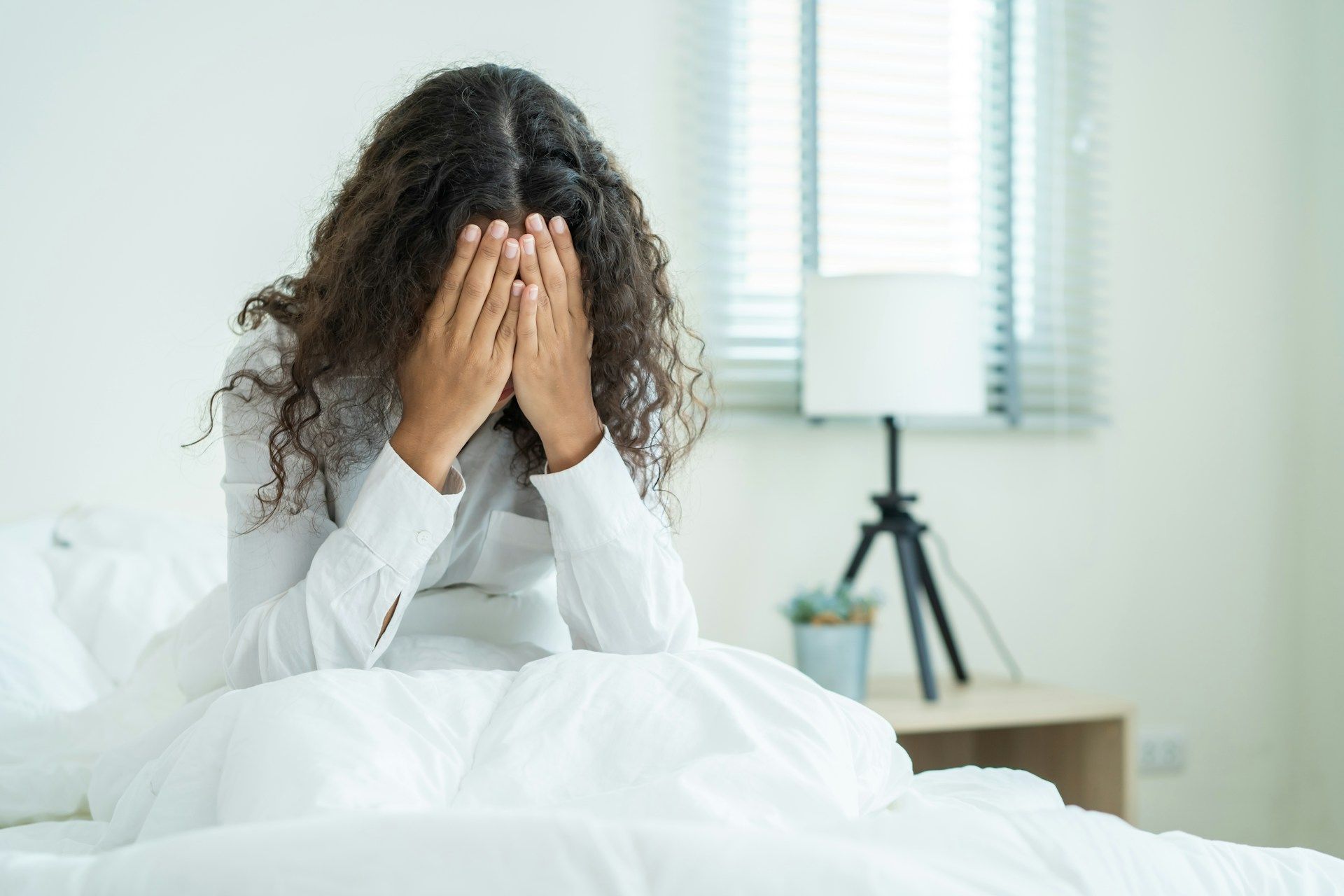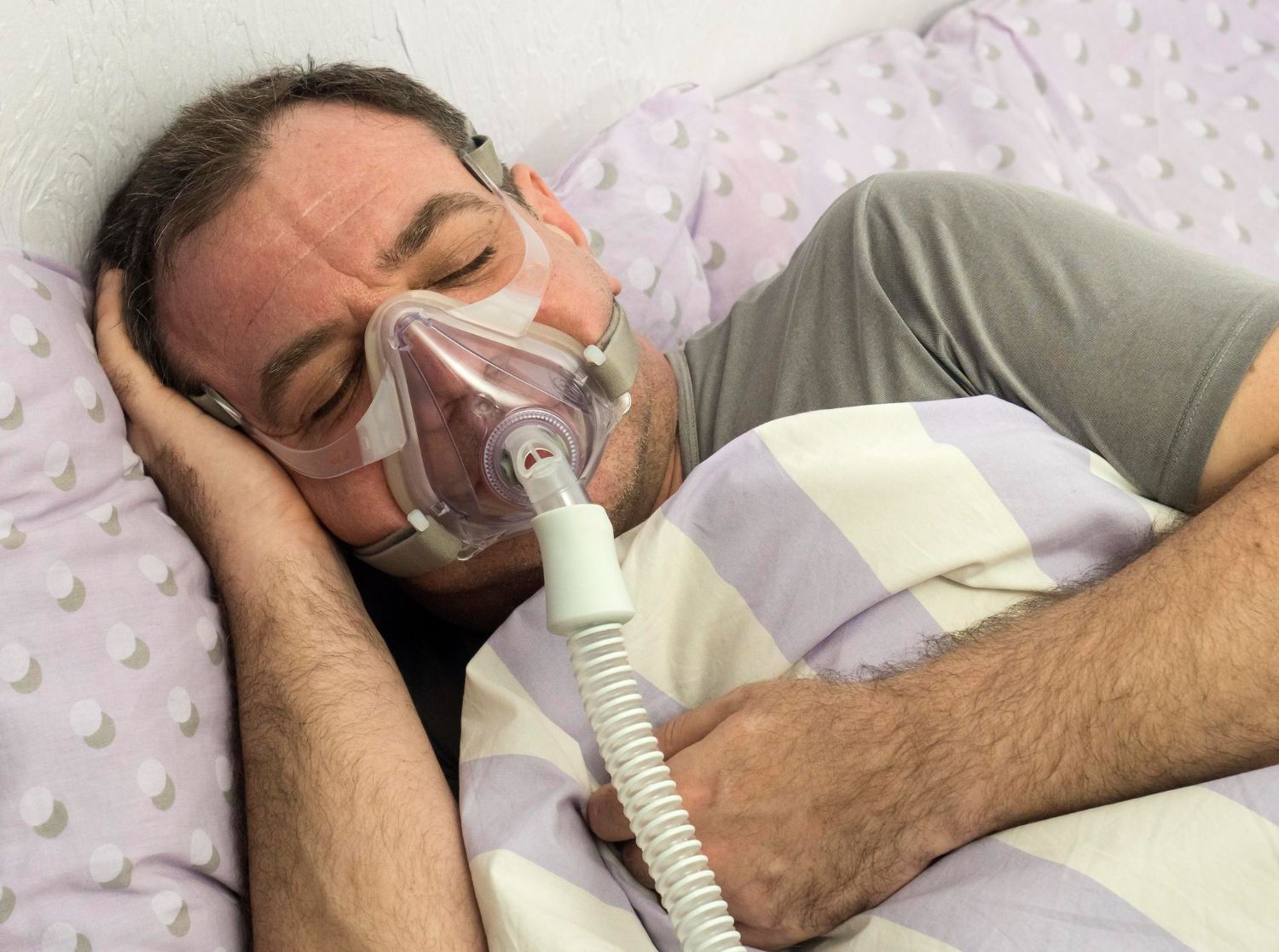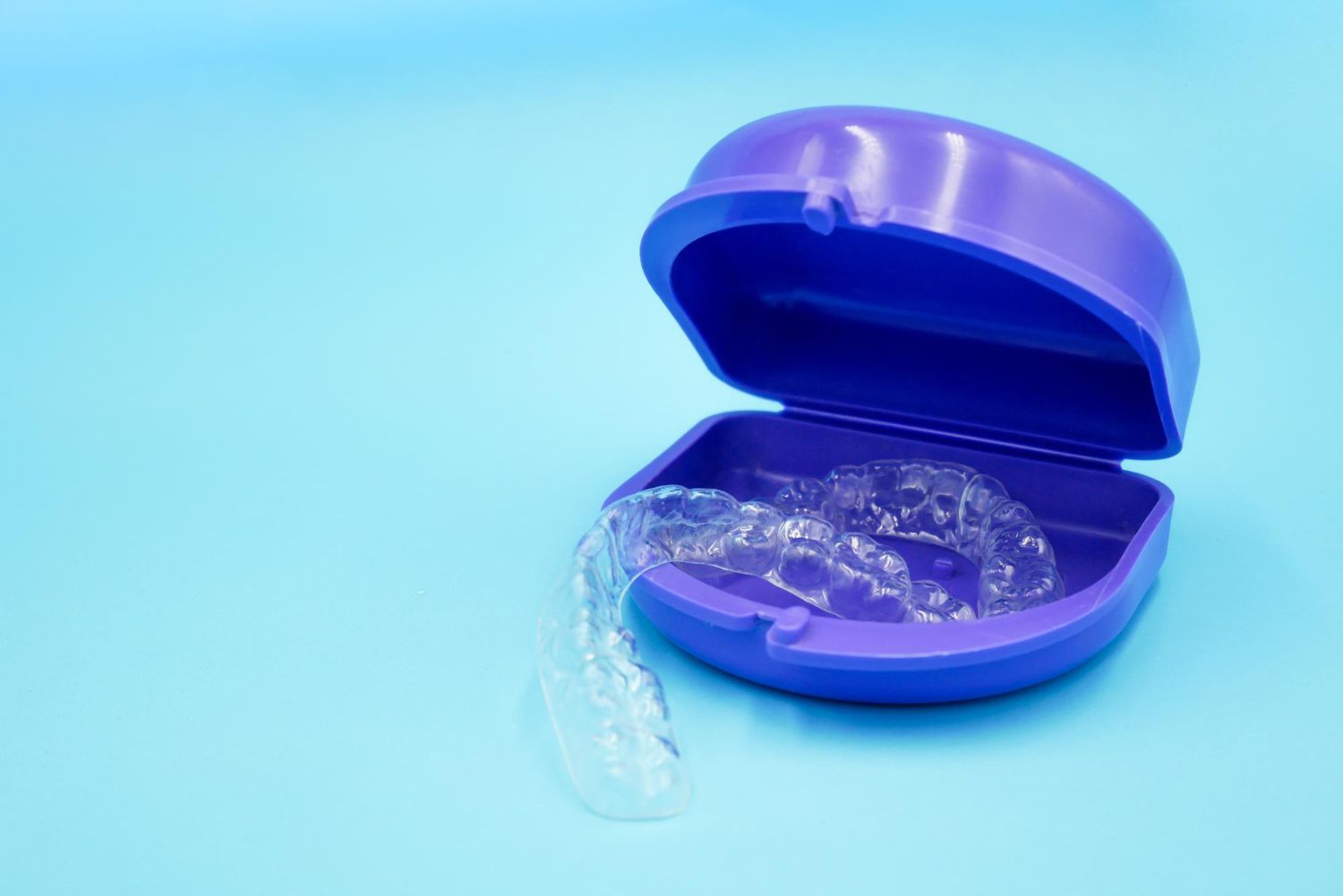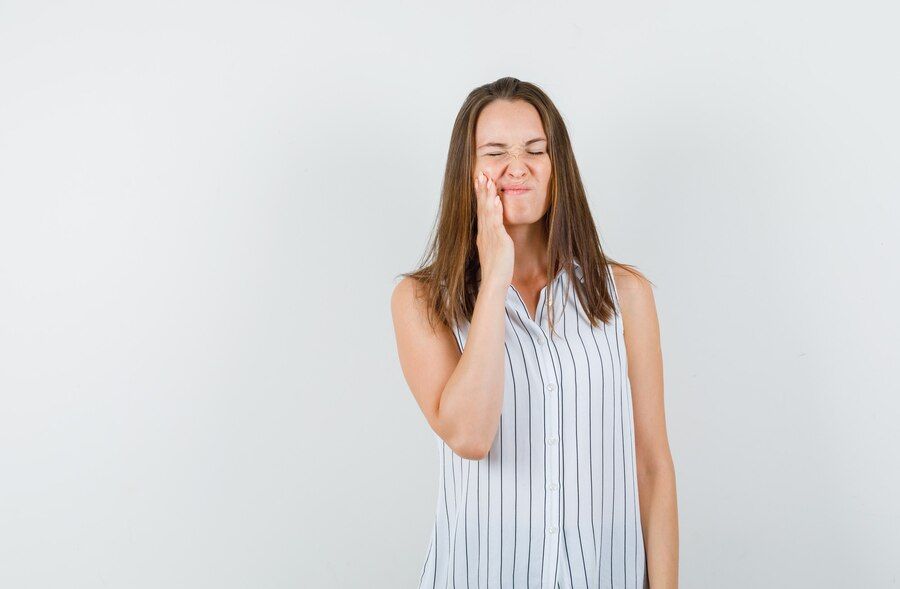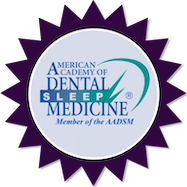Snoring versus Sleep Apnea: Recognizing the Differences
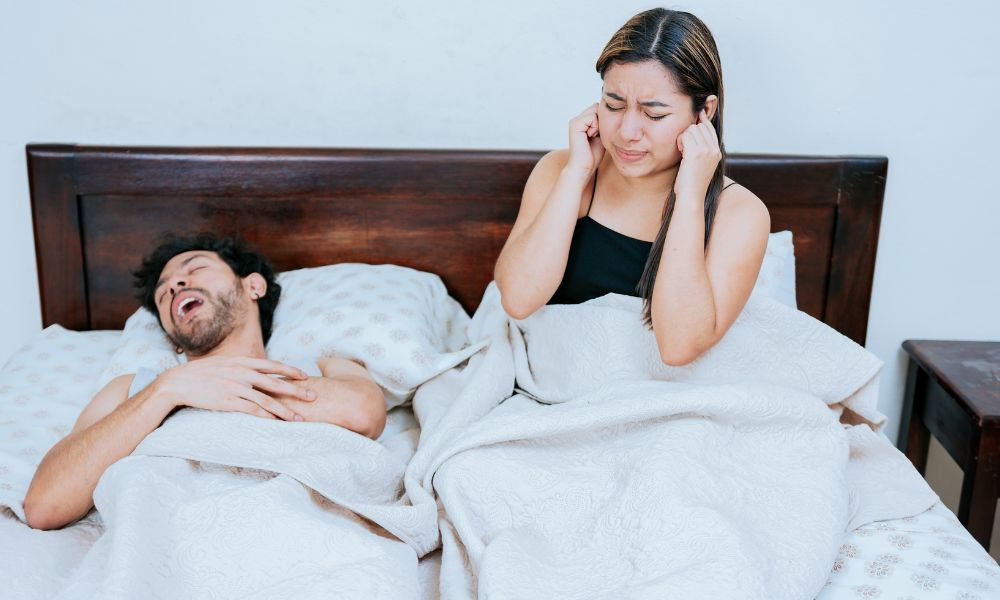
Noisy slumbers can often be a cause for concern or a subject of humor within households. It's not uncommon for people to pass off loud, chronic snoring as a simple annoyance or an unavoidable facet of their sleep patterns. However, it's crucial to understand that, in some cases, chronic snoring could be a sign of a potentially serious sleep disorder known as sleep apnea. At Fuller Sleep & TMJ Solutions, a leading dental sleep apnea clinic in Greensboro, North Carolina, we strive to educate our patients and the broader community about the crucial differences between snoring and sleep apnea and why understanding these differences can have serious implications for one's health and well-being.
Snoring and sleep apnea, while interconnected, are separate entities. While snoring can be a symptom of sleep apnea, not all people who snore have sleep apnea. Conversely, not everyone with sleep apnea necessarily snores. Understanding the differences, recognizing symptoms, and seeking professional help when needed can have a profound impact on an individual's overall health, quality of life, and the well-being of their household.
In this blog, we aim to shed light on these differences, clearing common misconceptions and providing clarity on the signs and symptoms to watch out for. We'll delve into what typical snoring sounds like, when it becomes a cause for concern, and how it differs in both sound and health implications from sleep apnea. More importantly, we'll discuss the steps you can take if you suspect that your, or a loved one's, snoring might be a symptom of sleep apnea.
Our mission at Fuller Sleep & TMJ Solutions is to ensure everyone has access to the information they need to make informed decisions about their sleep health. With this information in hand, we hope to aid those affected by snoring and sleep apnea in seeking the necessary help and treatment. Join us on this journey of understanding and conquering sleep apnea because a good night's sleep is not just a luxury—it's a necessity. Let our Fuller Sleep & TMJ Solutions team guide you to sleep health better and improve daytime functioning.
Understanding Snoring
Snoring occurs when the flow of air through the mouth and nose is partially obstructed during sleep, causing the surrounding tissues to vibrate and produce the familiar snoring sound. Snoring can be influenced by various factors such as age, nasal and sinus issues, body weight, sleep position, alcohol consumption, and sleep deprivation. While occasional snoring is common and generally not a cause for concern, chronic and loud snoring might warrant further investigation for underlying issues.
Identifying Sleep Apnea
Sleep apnea is a sleep disorder characterized by repeated interruptions of breathing during sleep, which can lead to reduced oxygen in the blood and disrupted sleep cycles. The most common variant, obstructive sleep apnea (OSA), occurs when the muscles in the back of the throat fail to keep the airway open despite the effort to breathe. Some warning signs of sleep apnea include the following:
- Loud, chronic snoring often punctuated by pauses in breathing
- Gasping or choking sounds during sleep
- Restless tossing and turning
- Frequent awakenings during the night
- Excessive daytime fatigue and sleepiness
Sleep apnea, if left untreated, can lead to various health complications, such as hypertension, cardiovascular disease, decreased cognitive function, and impaired daytime functioning.
Distinguishing Between Snoring and Sleep Apnea
Although snoring is a common symptom of sleep apnea, the two can be distinguished by a few key differences:
- The Pattern of Breathing: Sleep apnea is characterized by loud snoring followed by a noticeable pause in breathing and subsequent gasping or choking sounds. These episodes can occur multiple times per hour throughout the night.
- Daytime Symptoms: While chronic snoring alone may not cause excessive daytime fatigue, sleep apnea can lead to disrupted sleep patterns and severe daytime sleepiness or fatigue.
- Associated Health Risks: While snoring alone typically isn't associated with severe health risks, untreated sleep apnea can result in an increased risk of hypertension, heart disease, stroke, or diabetes.
If you suspect that your snoring might be indicative of sleep apnea, it's essential to consult a healthcare professional for a thorough assessment and appropriate treatment.
Seeking Help for Sleep Apnea
If you or a loved one is experiencing symptoms indicative of sleep apnea, it's crucial to consult a healthcare professional for accurate diagnosis and effective treatment. The process typically involves the following steps:
- Sleep Evaluation: A healthcare professional or sleep doctor will conduct a comprehensive evaluation, reviewing medical history, sleep patterns, and symptoms. They may recommend a sleep study, which involves monitoring vital signs, sleep stages, and airflow during sleep.
- Diagnosis: Based on the sleep evaluation results, a diagnosis of sleep apnea can be made, and its severity determined.
- Treatment Options: Healthcare providers will work with patients to develop a personalized treatment plan. This may include lifestyle changes, the use of oral appliances, positional therapy, or in some cases, surgery.
- Ongoing Monitoring and Support: Successful treatment often involves gradual adjustments, regular check-ups with healthcare providers, and ongoing support to ensure optimal results and improved sleep health.
The Role of a Dental Sleep Apnea Clinic
A dental sleep apnea clinic, like Fuller Sleep & TMJ Solutions, specializes in providing comprehensive care for individuals experiencing sleep apnea and snoring-related issues. These clinics are adept at identifying the underlying causes of sleep disruptions and providing customized treatment options to improve patients' overall sleep quality and health.
- Customized Oral Appliances: Dental sleep apnea clinics offer customized oral appliances designed to maintain an open airway during sleep, effectively treating snoring and mild to moderate sleep apnea.
- Expert Guidance: Dental sleep apnea clinics provide ongoing support to ensure patients receive the best possible care throughout their treatment journey.
Conclusion
While both snoring and sleep apnea share commonalities, understanding and recognizing the crucial differences can have significant implications for one's health and well-being. By identifying warning signs and seeking professional help when necessary, individuals can embark on a comprehensive treatment journey that results in better sleep health and quality of life.
Fuller Sleep & TMJ Solutions is a center for sleep apnea and TMJ in Greensboro. Our experienced and dedicated team is committed to guiding patients through this process, offering expert diagnosis and personalized treatment options tailored to each individual's unique sleep needs. Reach out for the support you need in conquering sleep apnea and achieving restful, rejuvenating sleep that leaves you feeling refreshed and energized!
Disclaimer:
Our blog articles serve to educate readers about various treatment options for sleep apnea and TMJ disorders. It's important to understand that while we discuss multiple treatments in our posts, not all of these options may be accessible at our clinic. We encourage you to reach out and schedule a consultation with us. This way, we can carefully devise a personalized treatment plan that caters to your specific needs.


